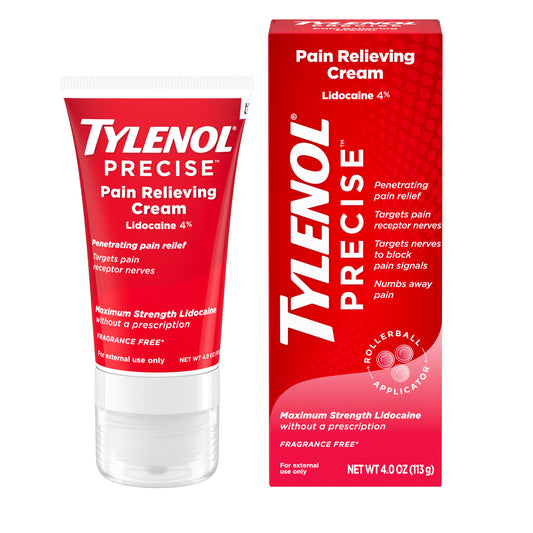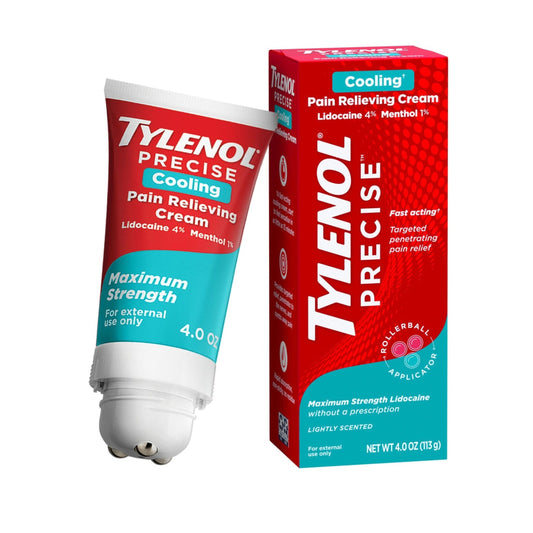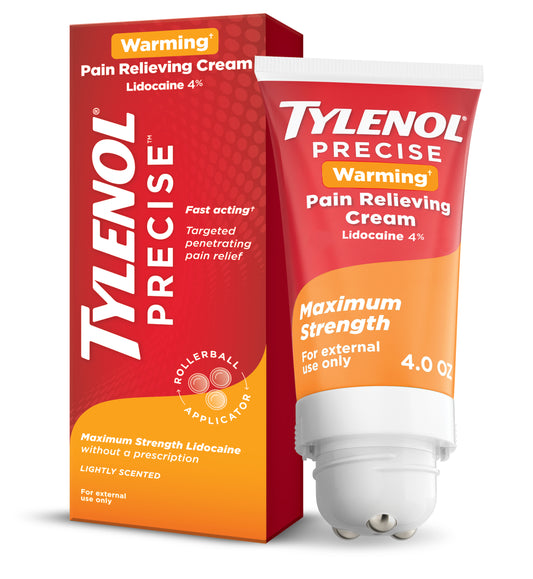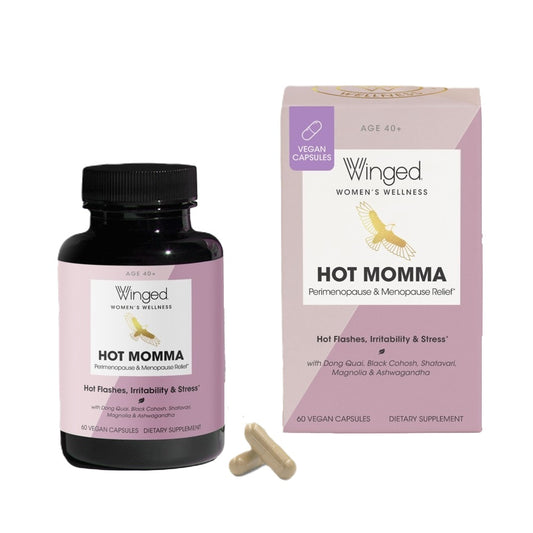That annoying crick in your neck or slight pain in your knee? Turns out that both could be related to menopause! Your musculoskeletal system is the part of your body that includes bones, muscles, tendons, ligaments, and soft tissues. The connection between this system and menopause is complex, so let’s break it down.
Does menopause cause joint pain and muscle pain?
Estrogen is important for keeping our bones and muscles healthy. It helps make a protein called collagen, which helps with muscle strength and flexibility. It also supports blood flow to our muscles. So, as estrogen levels start to fluctuate significantly during perimenopause, you may notice an increase in muscle stiffness, soreness, and general discomfort. This can often affect areas like the back, neck, and joints.
When estrogen levels drop, the body makes less collagen. Collagen helps keep muscles and connective tissues strong and flexible. Without enough collagen, muscles can get hurt more easily and feel stiff. Also, lower levels of estrogen can lead to less blood flow to muscles. This makes it harder to recover after exercise or daily activities. All these changes can make your muscles sore and uncomfortable during menopause. You're not alone if you've been feeling this way! About 2 in 10 females between the ages of 40 and 65 report experiencing muscle pain.*
Estrogen can also affect pain perception and sensitivity. As estrogen levels drop, the body’s ability to manage pain might change, which could lead to more discomfort. This can contribute to a variety of muscle pain, including general muscle aches and joint pain.
Types of menopause joint pain and muscle pain
Menopause can cause different types of joint and muscle pain. Here are some common ones:
- Myalgia. Myalgia is characterized by general muscle aches and pains. Some people going through menopause feel muscle discomfort all over their body. It can feel like the achy feeling you have when you have the flu. This pain can vary in intensity.
- Joint pain. Joint pain often happens along with muscle pain. Changes in hormones during perimenopause and menopause can affect your joints, ligaments, tendons, and muscles. The science is limited but hormonal changes during menopause may also affect conditions like arthritis, which contributes to joint pain and stiffness.
- Fibromyalgia. This is a chronic condition where you feel pain all over your body, along with fatigue and tenderness in certain spots. While the exact cause of fibromyalgia is still not fully known, hormonal changes are believed to play a role. Menopause can potentially make fibromyalgia symptoms worse for those who already have the condition.

Menopause muscle pain relief
While hormonal changes are a main factor in menopausal muscle pain, did you know that our daily habits can also affect how bad the pain is? In addition, the average age of menopause is the U.S. is 51 and this is a normal period of aging, in addition to the hormonal changes.
As we’ve all experienced, if we don't move our bodies often, our muscles can get stiff and sore. Regular physical activity, such as strength training, flexibility exercises, and cardio/aerobic workouts, can help keep our muscles strong and flexible, can improve blood flow, and may help reduce muscle pain.
Talk to your healthcare provider before making any changes to your diet or exercise routine.
- Get regular exercise. Being consistent with your exercise routine can work wonders for reducing menopausal muscle pain. Doing a mix of aerobic exercises, strength training, and stretching can help maintain muscle strength, flexibility, and overall joint health. Activities like yoga and tai chi can also help you manage pain and allow you to relax.
- Make healthy eating choices. Eating a balanced diet with lots of different nutrients can help your muscles stay healthy. Make sure to get enough protein, because it's important for building and keeping muscles. Foods like fatty fish and flaxseeds are high in omega-3 fatty acids, which can help can reduce chronic muscle pain.
- Stay hydrated. Staying hydrated is crucial for muscle function and recovery. When you're hydrated, it helps maintain muscle elasticity and reduce the risk of cramps and spasms. Stay hydrated by drinking water whenever you feel thirsty. You can also drink other healthy drinks but focus mostly on water.
- Manage your stress. We know this isn’t an easy one, but chronic stress can make menopause muscle tension and pain worse. Practices such as meditation, deep breathing exercises, and progressive muscle relaxation can help manage stress and ease muscle discomfort. Even just a few minutes of these practices can make a difference. Consider giving them a try and see how they work for you!
- Talk to your healthcare professional. If you’re going through menopause and feeling muscle pain that's affecting your quality of life, talk to your healthcare provider. They can figure out what's causing the pain and suggest ways to feel better. They can also make sure there aren't any other conditions that could be causing the pain.
- Learn more about medications and other therapies. In some cases, healthcare providers may prescribe pain-relieving medications or hormone therapy to help manage menopause symptoms. Physical therapy and massages can also help. They work by targeting certain muscle groups and promoting relaxation.
Menopause muscle pain is often overlooked even though it can impact overall wellbeing. With an integrated approach including regular exercise, a balanced diet, stress reduction, and appropriate medical care, you can effectively manage your pain and not let it get in the way of living your life.
*Data from Attitudes & Usage study conducted in August 2021 with 4,578 female participants ages 40-65. Funded by Kenvue.






